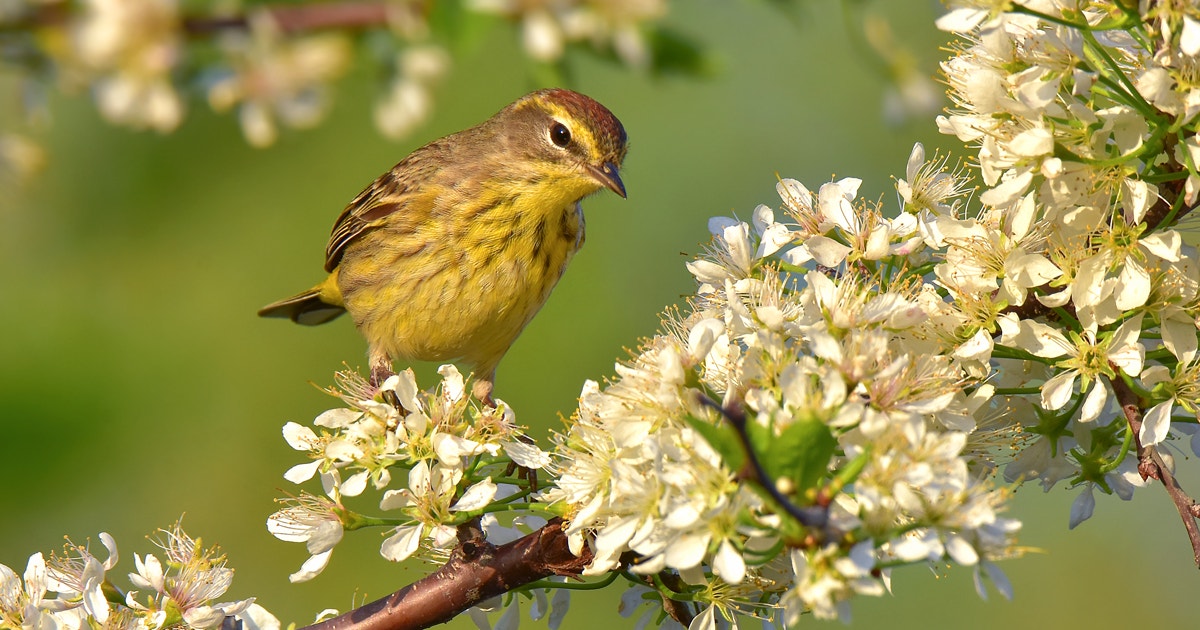(April 25, 2024) WASHINGTON – Today, the U.S. Environmental Protection Agency (EPA) released a final rule to limit pollution from coal and new natural gas-fired power plants, which will help slow the rise in global temperatures and reduce harmful air pollution. Combined with the buildout of clean energy that is being accelerated through the historic investments in the Inflation Reduction Act, climate pollution from the electric power sector could be cut in half by 2030, delivering important benefits to communities, birds, and other wildlife.
“Power plants are one of the largest emitters of greenhouse gases and one of the largest sources of harmful air pollution impacting the health and well-being of surrounding communities. The EPA’s bold action is a common-sense approach to embracing the future of clean energy, meeting the nation’s climate goals, and realizing a healthier future for people and wildlife,” said Sarah Rose, vice president of climate at the National Audubon Society.
This final rule is projected to reduce carbon pollution by 1.38 billion metric tons through 2047, which is equivalent to the annual emissions from 328 million gasoline powered cars. The rule will also lead to better public health outcomes. According to the EPA, in 2035 alone, this rule will avoid as many as 1,200 premature deaths as well as 870 hospital and emergency room visit
More than 28,000 Audubon supporters sent comments in support of the rule.
Adopting forward-looking climate and clean energy policy is critical to preserving the places that birds need to survive. Audubon is working across the country to ensure wind, solar, and transmission infrastructure is built responsibly to avoid and mitigate impacts to birds and other wildlife. Audubon’s 2023 report, Birds and Transmission: Building the Grid Birds Need, shares solutions for minimizing risks to birds.
###
About Audubon
The National Audubon Society is a nonprofit conservation organization that protects birds and the places they need today and tomorrow. We work throughout the Americas towards a future where birds thrive because Audubon is a powerful, diverse, and ever-growing force for conservation. Audubon has more than 700 staff working across the hemisphere and more than 1.5 million active supporters. North America has lost three billion birds since 1970, and more than 500 bird species are at risk of extinction across Latin America and the Caribbean. Birds act as early warning systems about the health of our environment, and they tell us that birds – and our planet – are in crisis. Together as one Audubon, we are working to alter the course of climate change and habitat loss, leading to healthier bird populations and reversing current trends in biodiversity loss. We do this by implementing on-the-ground conservation, partnering with local communities, influencing public and corporate policy, and building community. Learn more at www.audubon.org and on Facebook, Twitter and Instagram @audubonsociety.
Media contact: Megan Moriarty, megan.moriarty@audubon.org

